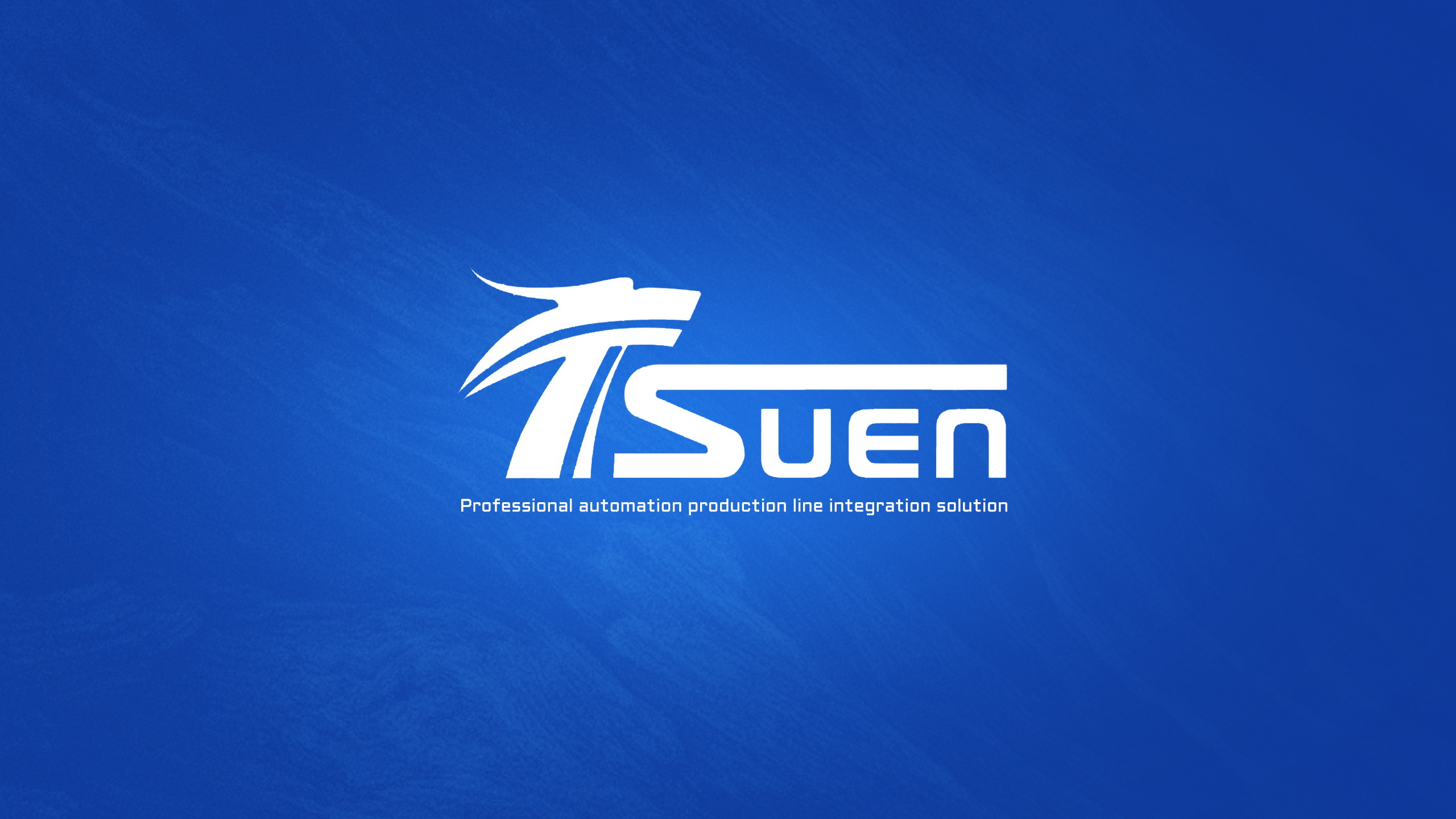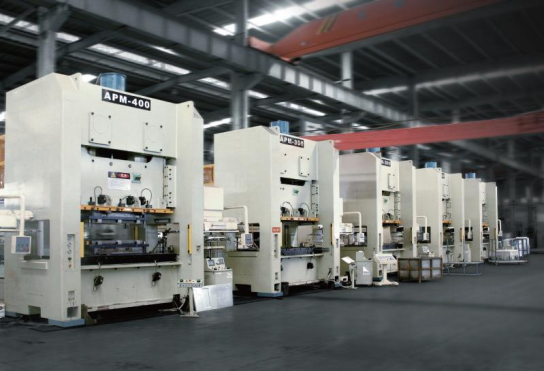Email format error
Email cannot be empty
Email already exists
6-20 characters(letters plus numbers only)
The password is inconsistent
Email format error
Email cannot be empty
Email does not exist
6-20 characters(letters plus numbers only)
The password is inconsistent


Introduction to Metal Machinery Service
In modern industry, metal machinery plays a crucial role. These pieces of mechanical equipment are used for various purposes, including manufacturing, construction, transportation, and more. However, over time, metal machinery inevitably encounters issues, necessitating the expertise and skills of metal machinery service to address them. Metal machinery service is specialized technical work aimed at ensuring the smooth operation and efficient performance of metal machinery equipment.
What is Metal Machinery Service?
Metal machinery service involves a range of maintenance, repair, and upkeep work on various metal machinery equipment. These devices may include steel processing machinery, punch presses, milling machines, lathes, drilling machines, and more. The goal of metal machinery service is to ensure the reliability and long-term use of the equipment, thereby enhancing production efficiency and reducing downtime and repair costs.
The Importance of Metal Machinery Service
Metal machinery plays a vital role in various industrial sectors. Therefore, timely maintenance and service are crucial to ensuring the continuous operation of production lines. Metal machinery service not only extends the lifespan of equipment but also reduces production interruptions and failures, thereby improving productivity and product quality.
Types of Machinery Commonly Serviced
Metal machinery service companies typically cater to various types of metal machinery equipment. These devices include, but are not limited to:
steel processing machinery such as shearing machines, bending machines, and punch presses.
metal cutting machine tools such as milling machines, lathes, and drilling machines.
metal-fforming equipment such as punch presses and presses.
Other specialized metal machinery equipment, such as welding equipment, heat treatment equipment, etc.
Common Metal Machinery Issues
Metal machinery equipment often encounters various issues after prolonged use. Here are some common metal machinery problems:
Wear and Tear
Extended use can lead to wear and tear on components in metal machinery equipment. This may include wear of bearings, gears, shafts, etc., resulting in unstable equipment operation and increased noise.
Malfunctions
Metal machinery equipment may experience malfunctions due to electrical failures, hydraulic system failures, control system failures, etc. These malfunctions can cause equipment downtime, affecting production efficiency.
Preventive Maintenance Tips
To reduce equipment failures and issues, preventive maintenance is essential. Here are some preventive maintenance tips:
Why is regular maintenance necessary?
Regular maintenance helps to identify and address potential issues early, thereby reducing failures and downtime. Regular maintenance also extends the equipment's lifespan and lowers maintenance costs.
Maintenance Checklist or Schedule
Developing a maintenance checklist or schedule ensures that maintenance tasks are performed on time and cover all necessary maintenance items. This includes cleaning, lubricating, tightening, and inspecting various critical components.
Key to Maintenance
The details of the maintenance process determine the performance and reliability of the equipment. Therefore, maintenance work must be carried out with great care and attention to ensure that every detail is properly addressed.
Troubleshooting Guide
When metal machinery equipment encounters problems, it is essential to diagnose and troubleshoot them quickly and accurately. Here are some troubleshooting guidelines:
Steps to Diagnose Common Issues
First, a thorough inspection of the equipment is required to determine the source of the problem. This may involve checking electrical systems, hydraulic systems, mechanical transmission systems, etc.
Identifying Symptoms and Potential Causes
Identifying potential causes based on the symptoms exhibited by the equipment. For example, abnormal noise may indicate bearing failure, oil leakage may indicate hydraulic system leaks, etc.
Best Practices for Troubleshooting
During troubleshooting, a series of steps should be taken to systematically eliminate possible causes until the root cause of the problem is identified. This may involve replacing parts, adjusting parameters, recalibrating, etc.
Safety Procedures for Metal Machinery
Strict safety procedures and regulations must be followed during metal machinery operations. Here are some safety procedures for metal machinery:
Overview of Safety Protocols
Operators must be familiar with the safety operation procedures of the equipment and strictly adhere to relevant regulations. This may include wearing appropriate personal protective equipment, adhering to operating procedures, etc.
Best Practices for Accident Prevention
Preventing accidents is the primary task of metal machinery operations. Operators should remain vigilant, pay attention to the surrounding environment, and avoid unsafe behaviors and operations.
Importance of Safety Training
Comprehensive safety training for operators is essential. Training should cover equipment operation, emergency handling, proper use of personal protective equipment, etc.
In conclusion, metal machinery service is vital for ensuring the smooth operation and efficient performance of metal machinery equipment. Through preventive maintenance, timely troubleshooting, and strict safety procedures, the reliability and safety of metal machinery equipment can be ensured, thereby improving productivity and reducing maintenance costs.

